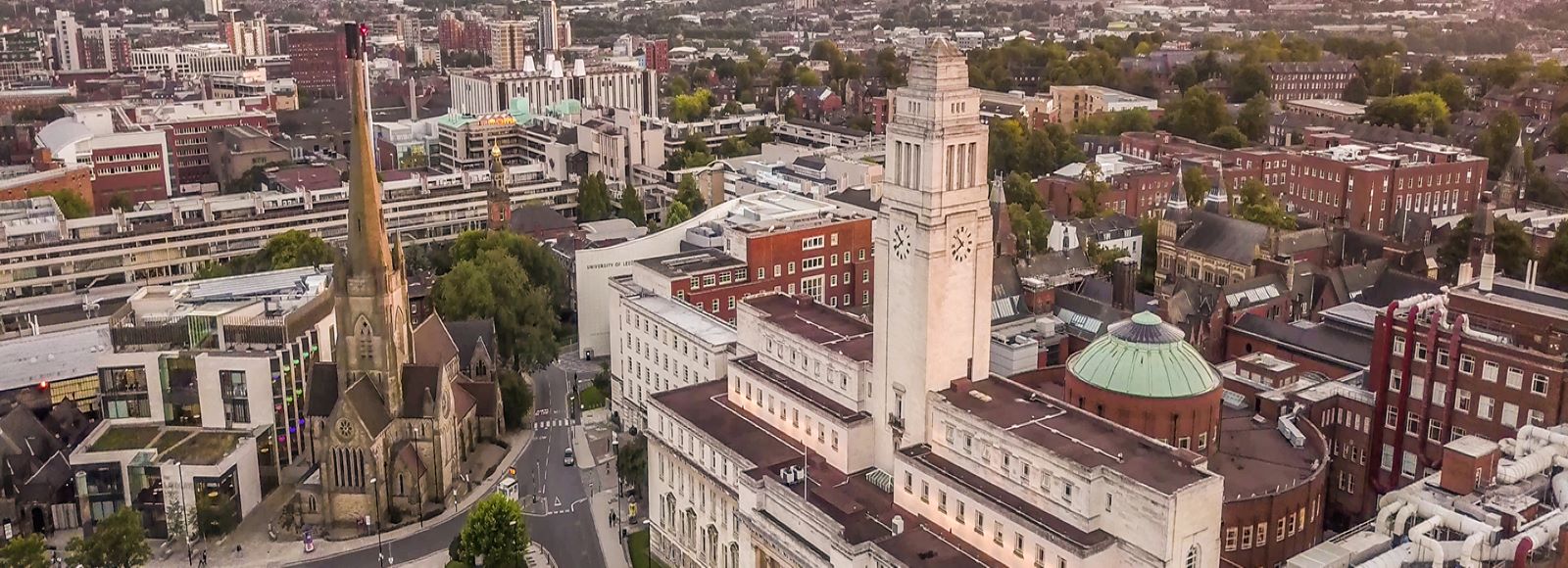- ...
Postgraduate Studentships - Search for funding opportunities.
Postgraduate Studentships - Search for funding opportunities.
On this interdisciplinary course you’ll explore gender relations in the past, present and future, centring marginalised perspectives. We take a transnational view, engaging with decoloniality to tackle some of the most pressing social issues of our modern lives.
You’ll gain a thorough intellectual grounding in feminist scholarship, including both the foundational and canonical texts to which contemporary feminist scholarship owes its legacy, alongside current debates and developments. We are dedicated to privileging transnational, indigenous and marginalised feminist knowledge, disrupting the narrative of dominant Western perspectives that have frequently come to define feminist scholarship..
Supported by our Centre for Interdisciplinary Gender Studies, and drawing on teaching expertise from around the University, you’ll be able to explore approaches from across a range of academic disciplines. You’ll learn the principles of conducting research on gender and examine issues that both shape and are shaped by gender relations, such as family roles, reproductive technologies, citizenship, sexuality and culture.
You’ll take core modules in gender theory and research to develop your foundation of knowledge, and you’ll build on this by choosing from a range of optional modules on topics such as gendered embodiment, gender and media, racism, decoloniality and migration, and religion and sexuality. This is an exciting time to study gender, and our course will give you a thorough insight into this vital and fascinating field.
A bachelor degree with a 2:1 (hons) or equivalent in a social science, or related subject.
Visit our website for full entry requirements, including the alternative qualifications we accept.
Please see our website for fees information.
Please see our website for funding opportunities
This course equips you with transferable skills such as research, analysis and communication, as well as a range of subject-specific knowledge and skills. Graduates have gone on to further study, pursuing both academic and non-academic research careers. Our students have also found work in the public and third sector, in national and international organisations like think tanks, the WHO and United Nations, or in private organisations.
Please see our website for module information.

Take your knowledge to the next level with a Masters at Leeds A leading research university in one of the UK’s most diverse and vibrant cities, our p...
Sign up to Postgraduate Studentships
Sign up to compare masters
Thanks for making your selection. Click below to view your comparisons.